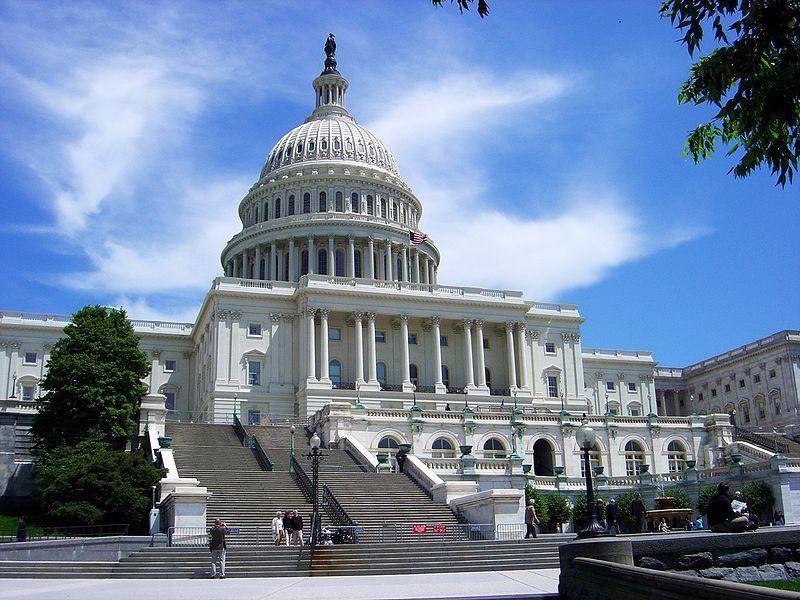Investigation finds lawmakers earmarking millions on projects close to home
On Thursday, the U.S. Senate passed legislation granting incentives to employers who hire veterans.
Nationwide confidence in our lawmakers is at an all-time low and a new report from The Washington Post gives at least some indication of part of the reason.
More than 30 members of Congress have used over $300 million in earmarks and other spending to fund many public projects close to their own properties, an investigation by the Post found. The Post also found 16 lawmakers who had sent tax dollars to places where members of their families work or serve on boards.
David Fallis, a reporter at the Post, said the project took a while because the laws don’t require lawmakers to explain any interests they have at the time they’re securing their earmark.
View an interactive map of the earmarks.
“They have to file financial disclosure forms, but those forms are somewhat opaque at times and they can put properties into LLC or companies and you may not know where the property is,” Fallis said. “When they secure the earmark, they write a letter saying they have no financial in the property. Technically they don’t, but it was up to us to make the link.”
Fallis said that involved investigating thousands of pages of financial disclosure forms and cross-referencing anything listed there with earmarks.
Their investigation found earmarks where lawmakers had the federal government pay to repave roads that passed near their house, or had the federal government do beach replenishment near a lawmaker’s home or vacation house.
“Or an earmark that may pay to have a new overpass put in, and it’s three blocks from the lawmaker’s brother’s business,” Fallis said.
When the Post reporters brought these links to lawmakers, Fallis said the reaction was largely that this was merely a coincidence.
“One, this is not illegal. And that’s very important to understand,” Fallis said. “Under the definition of the law that these guys have written for themselves, if they’re not the sole beneficiary, and other people benefit, there’s absolutely nothing wrong with this.”
The larger problem, though, is the lack of transparency in the process, Fallis said. And it isn’t a lot of money, in terms of the multi-trillion dollar federal budget.
And on the other hand, legislators say, who are they to deny their constituents a bike lane on a bridge, for example, just because they live 10 or 11 blocks away.
“I think the counter-argument, would be, stand up at the time you request the bike lane and say, ‘by the way, I live 10 doors down.’ Let Congress know that,” Fallis said.
The Post investigation found that both Democrats and Republicans both procured these kinds of earmarks. But Sen. Richard Shelby, a Republican from Alabama, perhaps takes the award for the largest earmark near a property he owns. He’s earmarked more than $100 million toward the revitalization of downtown Tuscaloosa, just a stone’s throw from a building he owns.
“They love him for all the money he’s brought back home,” Fallis said. “The downtown revitalization just happens to be literally right around the corner from his building. And phase two will include the streets in front of his building.”
Shelby, though, argues that he doesn’t really benefit from the Tuscaloosa revitalization.
